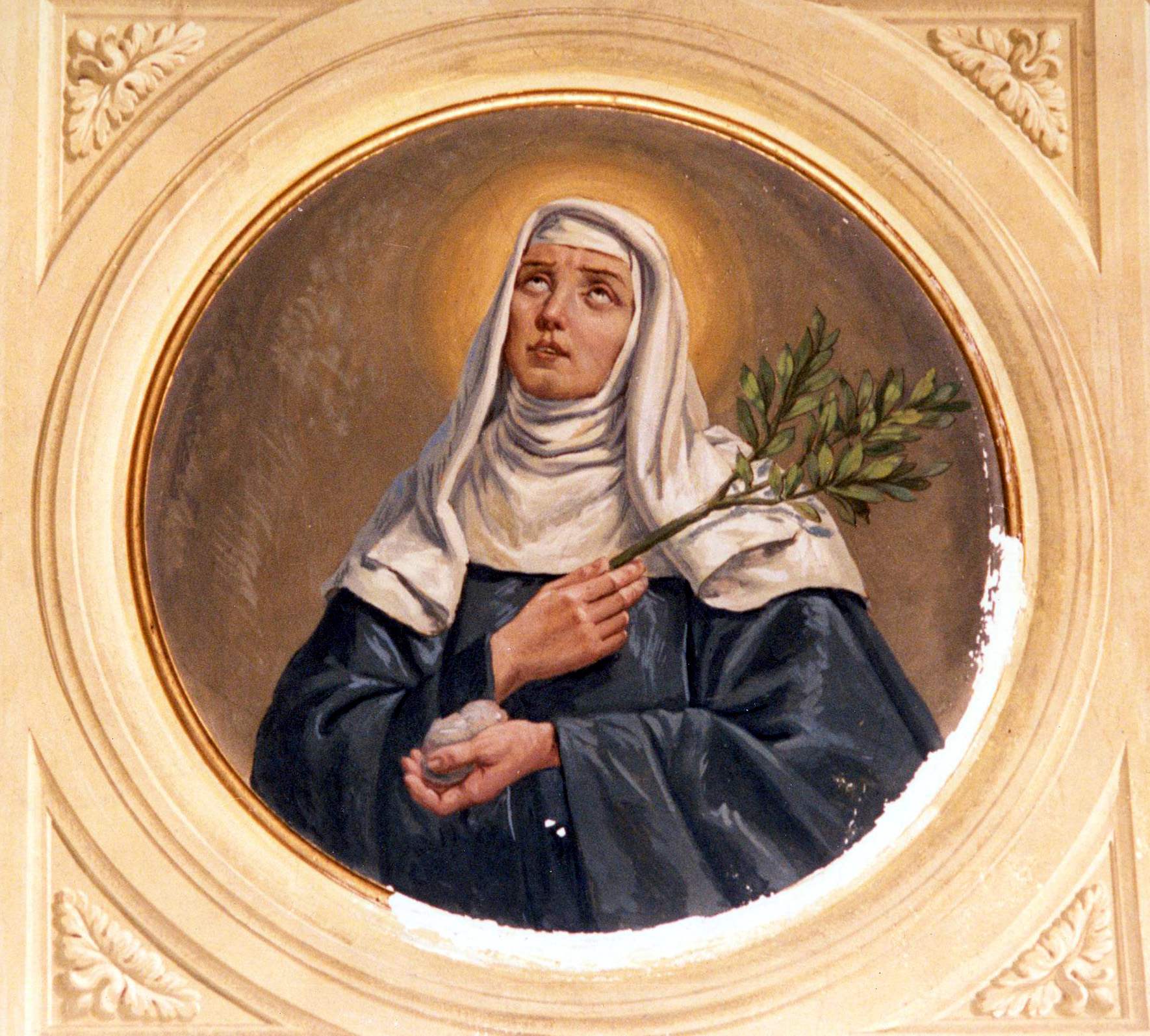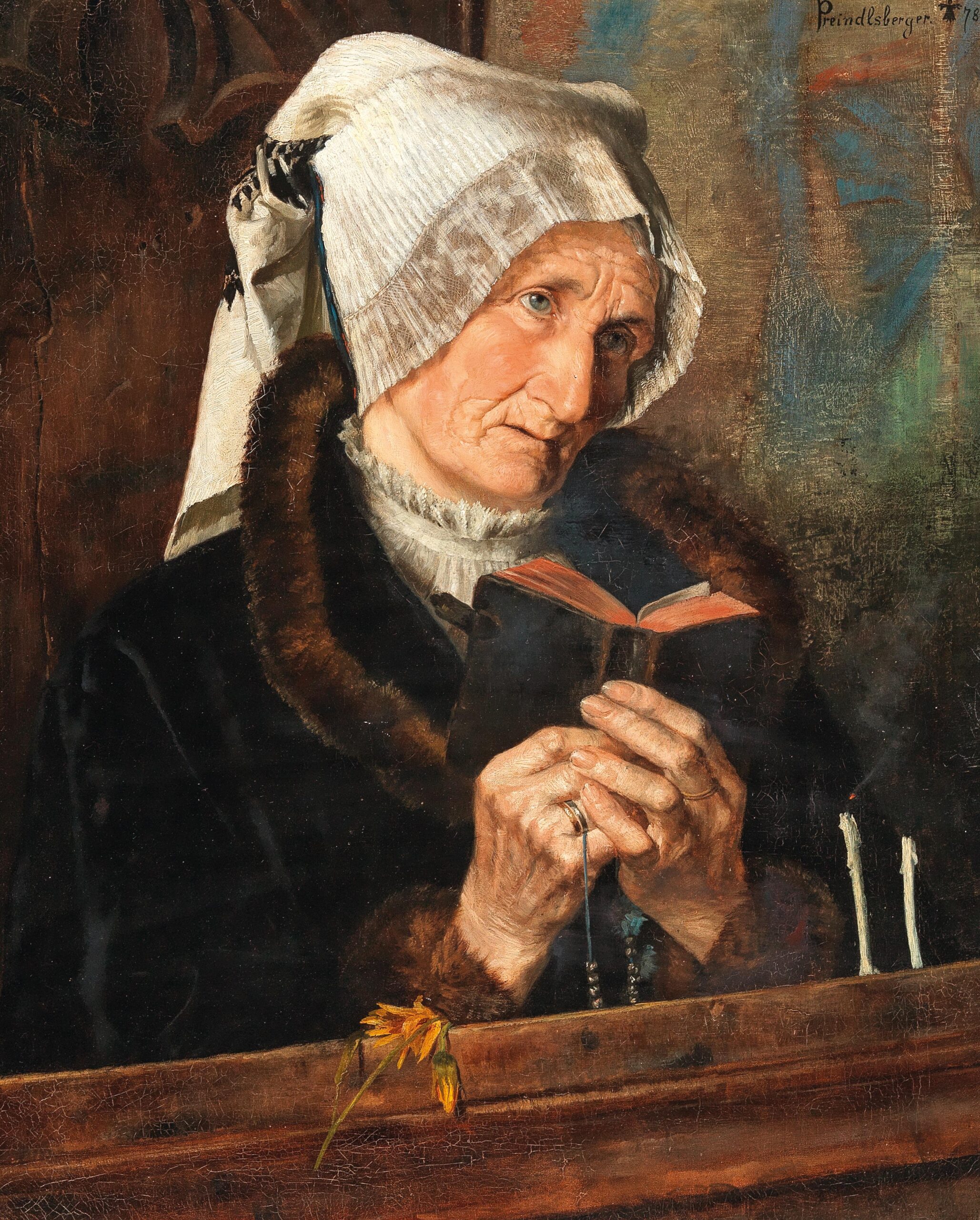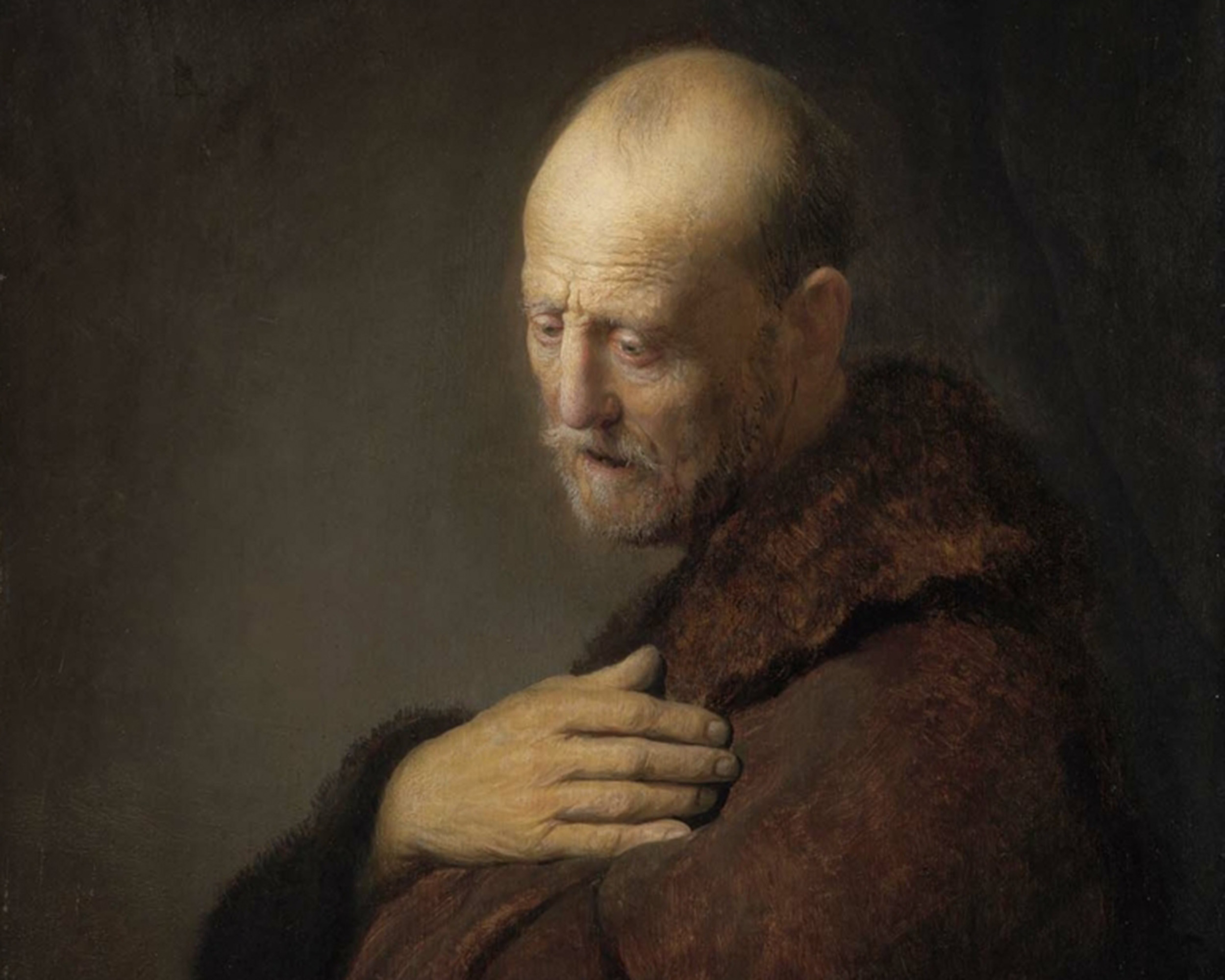The Manual for Eucharistic Adoration is every Catholic’s guide to “the queen of all devotions.” In this excerpt, the Poor Clares of Perpetual Adoration offer invaluable advice that will transform your prayer and posture at each Holy Hour.
When we spend time with Our Lord in the Blessed Sacrament, we can sometimes feel unsure of how to pray, how to spend our time in His Presence. We know by faith that before us is hidden a great mystery of God’s power and love, which should overwhelm us with awe, reverence, and fervent devotion. But it is a hidden mystery.
The King of kings is not visible in majestic glory upon His throne when we enter into an adoration chapel. We do not see His human face as we gaze upon the Sacred Host.
In His mercy, His Real Presence is veiled to our senses, so that our weak humanity will not fear to draw near to Him in the Sacrament of His love. This hiddenness, however, requires of us a strong and living faith. We may wonder at times if He is really there, if He is listening. We may feel bored, tired, or distracted when we commit ourselves to spending time with Him in the Blessed Sacrament. We may wonder how to adore in the first place.
How Do I Adore?
It is important to remember that feelings of love, fervor, and devotion are not essential for adoration. Adoration is not a sentiment.
Fr. John Hardon, in his Modern Catholic Dictionary, defines adoration as “the act of religion by which God is recognized as alone worthy of supreme honor because He is infinitely perfect, has supreme dominion over humans, and the right to human total dependence on the Creator. It is at once an act of mind and will, expressing itself in appropriate prayers, postures of praise, and acts of reverence and sacrifice.”
Our adoration, therefore, begins when we walk in the door of the church or adoration chapel. When we genuflect before the Blessed Sacrament, kneel in the pew, and show Him our respect by giving Him our full attention, we adore Him. When we turn off our cell phone and maintain a reverent silence in the chapel, we adore Him. When we make a simple act of faith in His Real Presence, we adore Him. When we place ourselves before Him as empty vessels to be filled with His love, we adore Him.
In our self-centered culture and classic American emphasis on work, we often feel we have to accomplish something during our times of prayer before the Blessed Sacrament. We rate our experience by how “good” our prayer was, how heartfelt our devotion was, or how focused we could remain. Yet prayer and contemplation are fundamentally God’s work, in which we are invited to participate. We need only to give Him the opening, and He will do the rest.
By coming to adoration, we are handing Him the key to our hearts, allowing the rays of His love and grace to bathe our souls in the light of His Presence, as the rays of the sun bathe our bodies in light. If we can take the time to pull away from the busyness and distractions of life and just sit at His feet, He will lead us.
How Should I Spend My Time in Adoration?
No two holy hours—as hours spent in adoration are often called—are alike. Our Lord acts upon our souls in manifold ways. Perhaps we may be inspired by a line of Sacred Scripture on which we meditate.
We may be experiencing a great sorrow or worry, and He helps us to bring it before Him, to be trusting and open with our gentle Savior about our fears and struggles.
We may feel exhausted and check our watch every two minutes, but even then, He is working. When it is hard to pray, we have the gift of showing our love through self-sacrifice. We will be surprised at the fruits that will come from this prayer of patient, persevering love.
Devotions such as the Rosary or the reading of Scripture can be a great aid to quieting our minds and focusing our attention on our Eucharistic Lord and the mysteries of His love.
Four Types of Prayer
Begin your time of Eucharistic adoration with a prayer of adoration. You can find one in a prayer book or you can simply gaze upon Our Lord with love, worshipping Him with perhaps a simple invocation such as “My God and My All.”
Then turn to reparation. This could be a good time to make an examination of conscience, to ask God’s help in difficult areas of temptation. Pray an act of contrition for your sins. Offer a prayer or devotion in reparation for your offences against His love and for the sins of the whole world. Beg for His mercy. The Divine Mercy chaplet is a beautiful prayer that can be prayed in reparation.
The next kind of prayer may often be overlooked: prayers of thanksgiving. Compose your own personal litany of thanksgiving: for prayers answered, for graces received. Pray in thanksgiving for those things we take for granted: life itself, our five senses, good health, our Catholic faith, the sacraments we so often receive, the protection of our guardian angel. Thank God for the gift of His Son, for your redemption, for the Blessed Mother and the saints. The list becomes endless. Thank Him also for those who do not ever think to give thanks to God.
Finally, turn to prayers of supplication. Ask Our Lord humbly, simply, and directly for the things you need, for the prayer requests entrusted to you by others, for all the intentions that are on your heart. Ask in the faith-filled, trusting manner of Our Lady, as shown to us at the wedding feast of Cana when she says to her Son, “They have no wine” (Jn 2:3). Then leave all your petitions in His Heart, asking that they be accomplished according to His most holy will.
ooo
This article is taken from a chapter in Manual for Eucharistic Adoration by The Poor Clares of Perpetual Adoration which is available from TAN Books.








